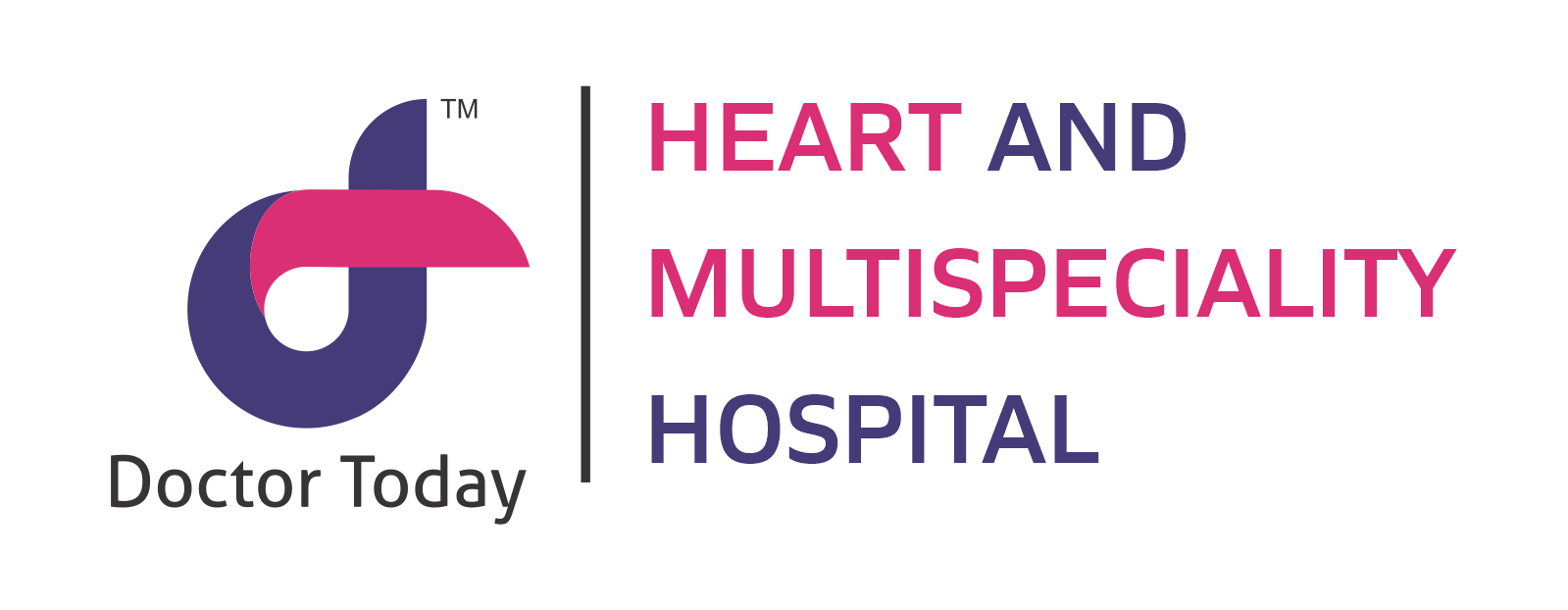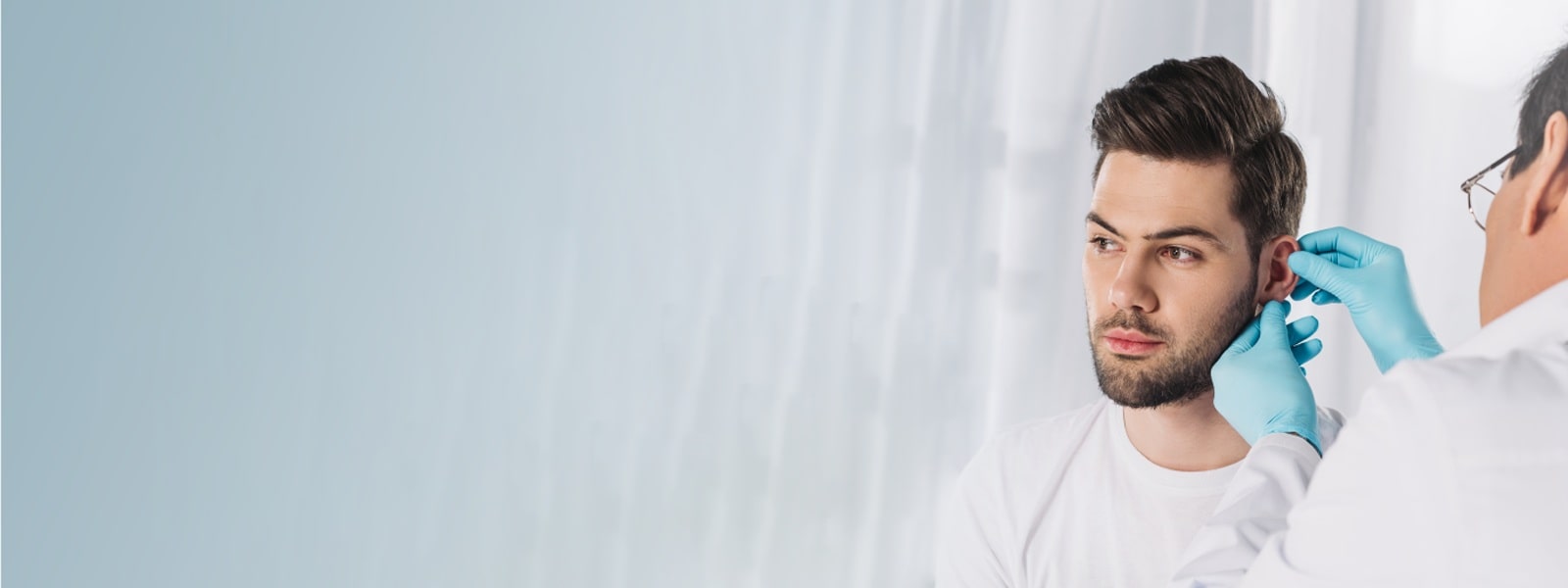ENT
Our ENT Department is one of the best. We have a team of medical professionals that are veterans in the field of ENT.
The ENT department at Doctor Today Hospital caters to ailments associated with ear, nose and throat and offers a full range of ENT services with a very high standard of care.
The ENT Operation theatres have all the necessary equipment for Advanced ENT treatments such as – operating microscopes, endoscopes, carbon dioxide laser, etc. along with facilities for TV monitoring and video recording of surgical procedures.
Standards of Treatment
We provide standard treatment and latest medical technology with best facility in our clinic.
Standards of Treatment
We provide standard treatment and latest medical technology with best facility in our clinic.
Standards of Treatment
We provide standard treatment and latest medical technology with best facility in our clinic.
Standards of Treatment
We provide standard treatment and latest medical technology with best facility in our clinic.
Medical laboratory and specialists services
Lorem ipsum dolor sit amet consectetur adipiscing elit sed do eiusmod tempor incididunt.
- Routine and medical care
- Excellence in Healthcare every
- Building a healthy environment.
- Routine and medical care
- Excellence in Healthcare every

ENT - FAQ's
Why do you need to see an ENT doctor?
What is the difference between an Otolaryngology and ENT?
ENT doctors are also known as Otolaryngology specialists, and they are called surgeons as well. ENT doctors are trained physicians who specialize in treating issues that affect the ears, nose, and throat. This medical specialty goes back to the 19th century, where doctors realized that the head and neck had a series of interconnected systems. Hence, tools and techniques were developed to treat any ENT problems.
Otolaryngology happens to be the oldest medical specialty in the world. Some Otolaryngology specialists will further specialize in specific areas like Otolaryngology for children, while others may go into the Otolaryngology/Neurology field.
Can an ENT specialist perform surgery?
Specialists in the field of ENT are trained surgeons as well. Since otolaryngology includes the treatment of ears, nose, throat, and larynx. ENT doctors are physicians and doctors; they can treat medical conditions that affect the ear, nose, and throat and operate on them as well. Surgery on these areas will be required if the medicine and non-invasive procedures are ineffective on the condition; ENT surgery will be performed to treat injuries and deformities too. Some of the common surgeries done by an ENT specialist are:
- Sinus
- Snoring/sleep disorders
- Tonsil extraction
- Corrective breathing
Can an ENT specialist treat thyroid problems?
If you are experiencing sudden weight gain or loss, constant fatigue, and a lump in the front of your neck, then all these symptoms indicate thyroid problems, and you need to get them checked as soon as possible. Firstly, an ENT specialist will discuss your medical history with you and conduct a thorough physical examination. To determine if you have thyroid problems, your doctor will order the following tests:
- Chest X-ray, MRI scan, CT scan, or Ultrasound
- Blood tests on the thyroid function
- Radioactive thyroid scan
- Fine-needle aspiration biopsy
ENT doctors will treat thyroid problems, and they will either provide you with hormone-altering medication or surgery to remove a part of the thyroid gland (this is done when the medication is not effective anymore).
How can an ENT doctor detect sinus cancer?
ENT doctors will make use of a variety of tests to find and diagnose sinus cancer. The tests will also help them identify if cancer has spread to other parts of the body. The tests will help doctors decide on the treatment that works best and prevents the rapid spread of cancer cells. When the ENT doctor has to diagnose a sinus problem, they will make use of a CT scan. This scan will help the doctor identify any abnormalities in the sinus cavities; this will also help identify if the growth within the sinus cavity is cancerous or benign. The most common age for sinus cancer diagnosis is 50s and 60s. Smoking and tobacco are significant causes of sinus and mouth cancer.

